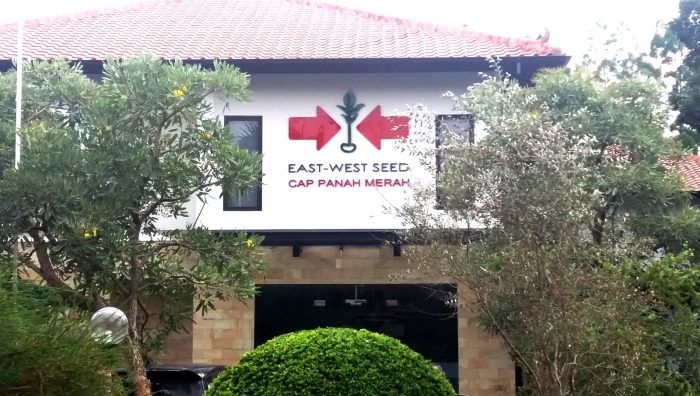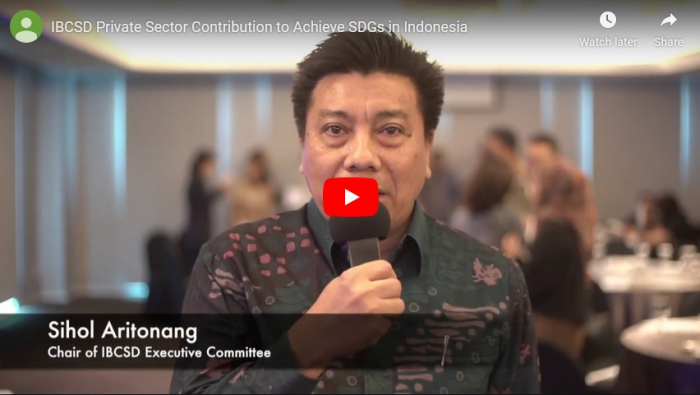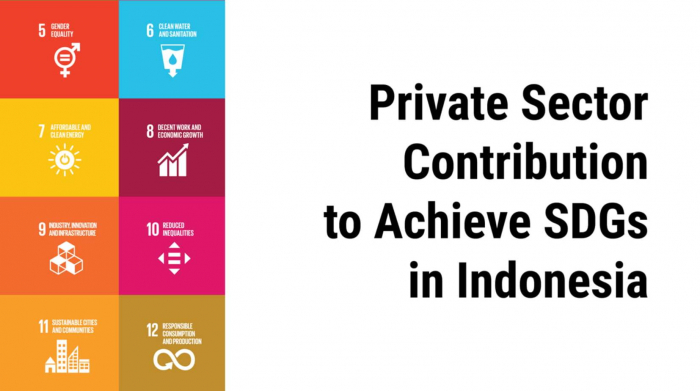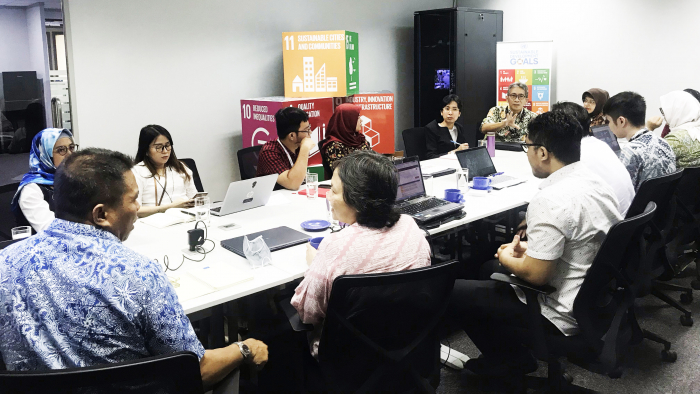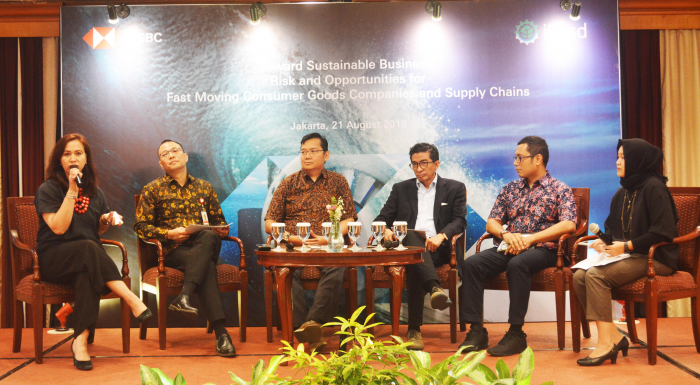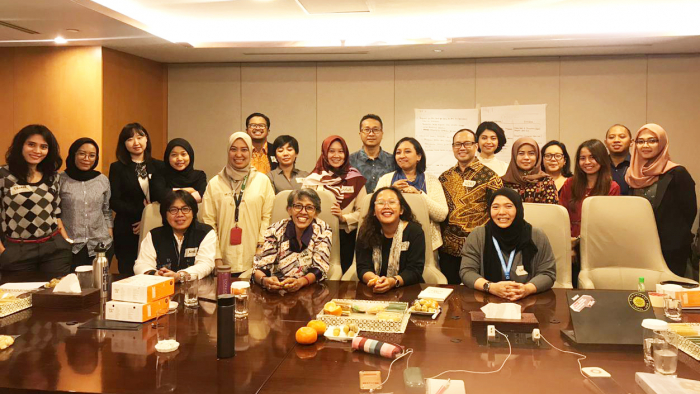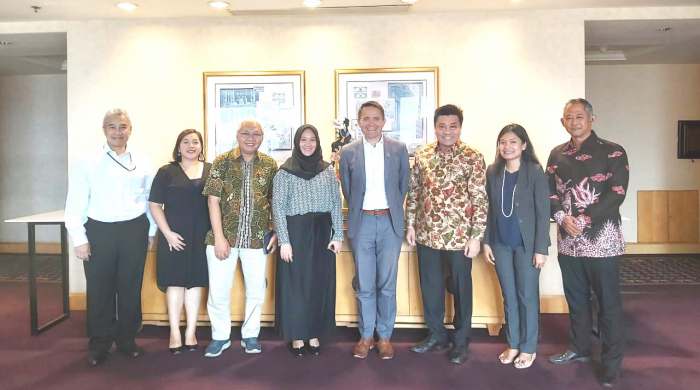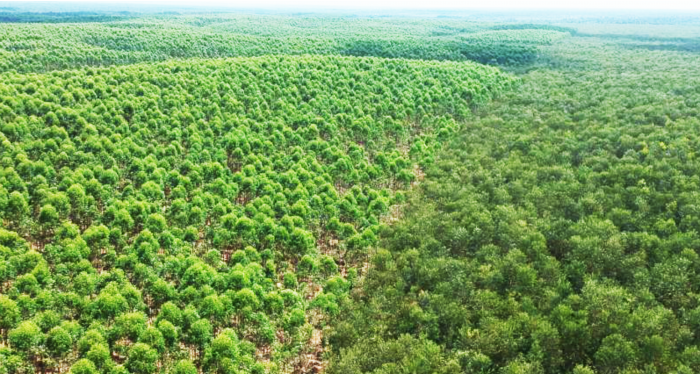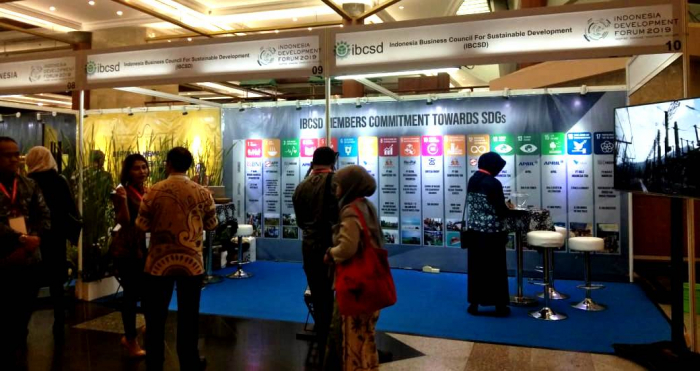Private Sector Contribution to Achieve SDGs in Indonesia
According to the Better Business, Better World report (2017), US$12 trillion of additional market value could be unlocked by 2030 if the SDGs are successfully implemented, creating 380 million jobs in the process. Have private sector done enough actions for the SDGs? In seeking for the answer to this question, Indonesia Business Council for Sustainable Development (IBCSD) conducted a knowledge sharing session with the theme of “Private Sector Contribution to achieve SDGs in Indonesia” at Hotel JS Luwansa on 19 September 2019.
“SDGs will not be achieved without the leadership of private companies because they have the resources, specialized skills, cutting edge technologies and innovations,” stated Ms. Shinta W. Kamdani, the President of IBCSD in her welcoming remarks. She went on to add “Call for action” to motivate the leaders of private companies to take action on the implementation of SDGs.
Over 60 participants from the IBCSD Members companies, Government, NGOs and civil society partners attended the event. The highlight of the event was the publication of Companies’ SDG Best Practices Book which consists of 59 stories from 24 IBCSD member companies. This book resulted as the fruit of SDG Working Group launched last year. The significance of this book lies not only in its implications but also the fact that it is the first book of Indonesia SDG series which showcase private sector’s best practices.
In continuation, the knowledge sharing session in the format of short individual presentation and panel discussion took place as the main agenda. Six of the best practices from the book which align with the voluntary national reporting (VNR) as stated by the Bappenas were shared with the audience. The panel discussion was lively with the active participation of the audience and proved to be a substantive and impactful discussion.
IBCSD hopes to further carry on the momentum of the private sector contribution to SDGs in Indonesia through various of its programs and joint collaborations with members, partners and colleagues. “Partnership for the goal, that is the key to actually tackling the SDGs” emphasized Ms. Indah Budiani, the executive director of IBCSD, as she closed the event.
For more info: Visit www.ibcsd.or.id Follow @ibcsd_official
